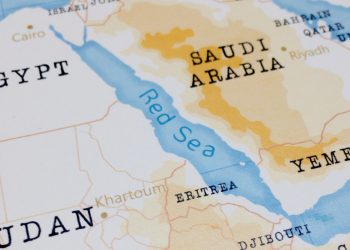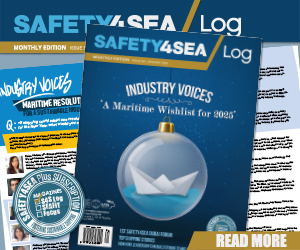Over 3,300 delegates from more than 170 countries and 440 organizations gathered in Busan for the fifth session of the Intergovernmental Negotiating Committee (INC), from 25 November to 1 December, to negotiate a global, legally binding treaty to tackle plastic pollution, particularly in the marine environment.
During the week-long talks, Members negotiated two documents by the INC Chair, Ambassador Luis Vayas Valdivieso, before agreeing on the closing day to transmit the Chair’s Text to the resumed session. Inger Andersen, the Executive Director of the UN Environment Programme (UNEP), said that the meeting that week had made good progress towards securing the deal the world demanded.
She explained that through the Busan talks, negotiators had reached a greater degree of convergence on the structure and elements of the treaty text, as well as a better understanding of country positions and shared challenges. However, she emphasized that it was clear there was still persisting divergence in critical areas, and more time was needed to address these areas.
The world’s commitment to ending plastic pollution is clear and undeniable. Here in Busan, talks have moved us closer to agreeing on a global legally binding treaty that will protect our health, our environment, and our future from the onslaught of plastic pollution,
… said Inger Andersen and added that at UNEA 5.2, the world had promised to tackle plastic pollution, and now, at the next round of talks, the world would have the opportunity to finally make that a reality—an opportunity that could not be afforded to miss.
In March 2022, at the resumed fifth session of the UN Environment Assembly (UNEA-5.2), a historic resolution was adopted to develop an international legally binding instrument on plastic pollution, including in the marine environment. The instrument, according to the resolution, is to be based on a comprehensive approach that addresses the full life cycle of plastic, including its production, design, and disposal.































































